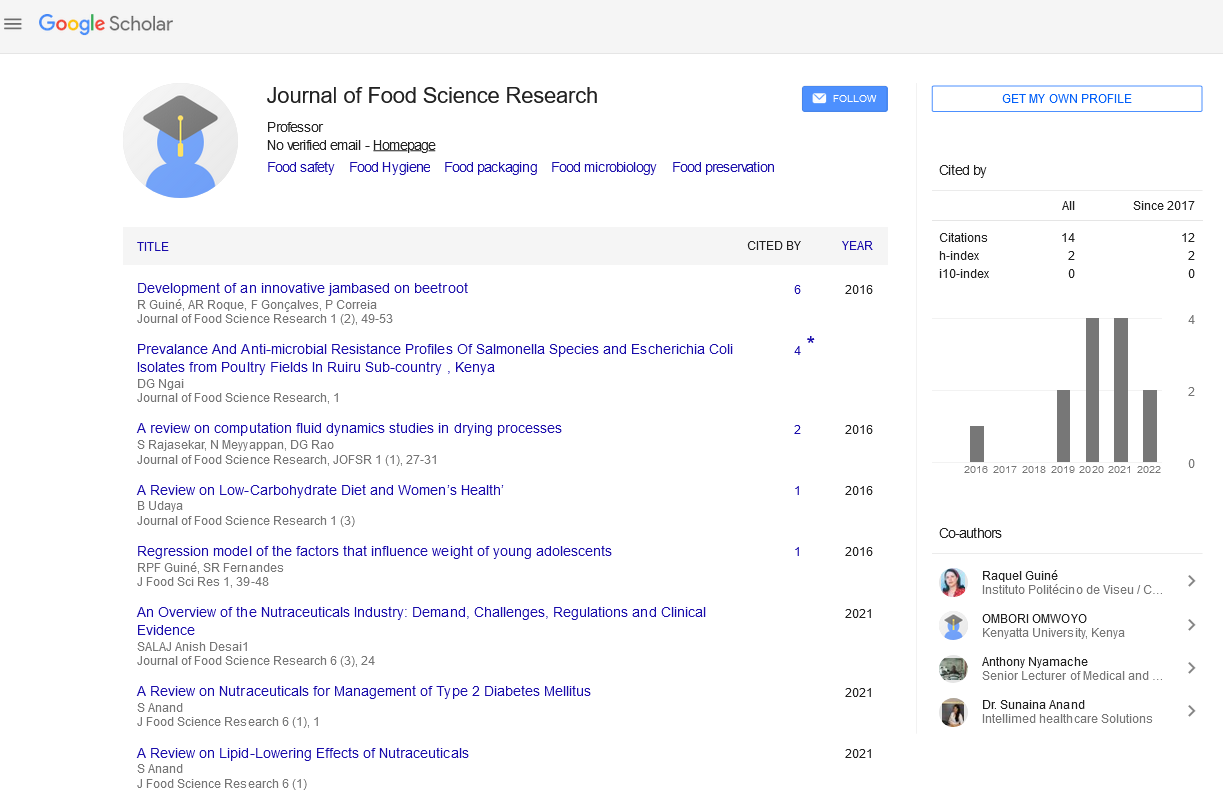Abstract
Evidence based Nutraceuticals
Author(s): Anish DesaiNutritional supplements including specific food components such as botanicals have been used to benefit human health and performance for centuries. While common terms such as nutritional or dietary supplements or nutraceuticals are used globally, there is no unifying singular definition and associated regulatory laws and evidence needed for health claim substantiation are unique to each country or region.With no regulatory requirements motivating change, word of mouth testimonials and tradition of use sufficed for successful nutraceutical sales for a long time. Consequently, a large portion of the nutraceutical market continues to comprise herbal extracts or other commodities that rely on bibliographical data for proof of efficacy. Consequently, funding for evidence-based clinical trials for nutraceuticals is sorely lacking. The research field of nutritional supplements and nutraceuticals is relatively new to Western society, but it is becoming increasingly important to consider their efficacy as it is in the case of pharmaceuticals.The current trend is towards evidence-based marketing by generating clinical trial data. The clinical trials for nutraceuticals are designed to evaluate and substantiate specific marketing claims, while drug trials document the safety and efficacy of a specific drug for a specific indication performing clinical trials on finished products presents a clear differentiation opportunity. Evidence-based recommendations require a technical review of the pertinent clinical literature in which publications are rated according to their level of scientific substantiation. There is widespread interest in supplements among many stakeholders that includes consumers, industry members, and scientists. Consumer motivations for use of supplements are broad, and usually relate to the perceived belief of efficacy, and can include general well-being, aesthetic pursuits, prevention or management of chronic disease, longevity, fitness, sport performance, and/or any combination of such factors. To substantiate these claims requires a varying degree of relevant & credible scientific evidence. In addition to the varying degree of scientific evidence required, there are various regulatory pathways which can be engaged to make a claim on your product depending on its composition. Nutraceuticals trials may be more pragmatic as they document human experiences with specific foods in the context of the human diet while drug trials evaluate the safety and efficacy of a drug in a specific disease. These trials may include both healthy and high risk people while drug trials include patients with a specific disease needing the treatment. Studies with a strong experimental design help discern between evidence-based findings and those that have not been substantiated. This trend will go a long way in establishing the credibility of nutraceuticals in the minds of medical fraternity and consumers. However, weak, descriptive studies with indirect and correlative measures can lead to misleading conclusions for efficacy

